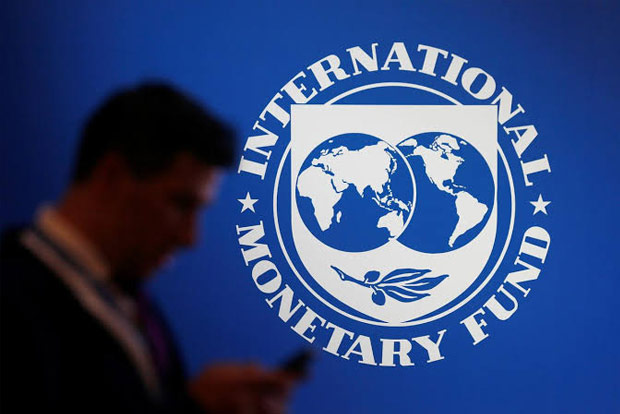The International Monetary Fund (IMF) has confirmed that Pakistan met all the required targets under the ongoing Extended Fund Facility (EFF), leading to the successful completion of the programme’s first review and the disbursement of the agreed funding tranche. IMF spokesperson Julie Kozack, speaking during a press briefing on Thursday, said that Pakistan’s performance was reviewed by the Fund’s Executive Board, which determined that the country was on track and had made adequate progress on reforms.
Kozack clarified that all IMF disbursements under the EFF are credited directly to the State Bank of Pakistan and are not transferred to the federal government for budgetary expenditures. She underscored that the financing provided by the IMF is solely intended to resolve balance of payments problems and is subject to strict safeguards and conditionalities. These include requirements such as maintaining a zero ceiling on central bank lending to the government and specific targets for increasing foreign exchange reserves. According to Kozack, these safeguards are standard for IMF programmes and are transparently laid out in the official programme documents.
Pakistan’s current EFF arrangement was approved in September 2024, replacing the nine-month Stand-by Arrangement that had concluded earlier that year. The new programme, reportedly worth $7 billion, was designed to provide medium-term support for Pakistan’s fragile external sector while pushing forward structural reforms. The first review of this programme had been scheduled for early 2025. On March 25, 2025, Pakistan and IMF staff reached a staff-level agreement, which was subsequently approved by the Executive Board on May 9. Following this approval, the IMF released the next tranche of funds to Pakistan’s central bank.
Kozack’s remarks also addressed queries regarding the appointment of an Indian representative to the IMF’s Executive Board and recent tensions between India and Pakistan. She noted that board appointments are entirely the prerogative of member countries and not within the Fund’s control. On the broader conflict, she expressed condolences for the human toll and said the IMF hoped for a peaceful resolution. When asked whether India’s presence on the Board could have influenced the outcome of Pakistan’s review, Kozack reiterated that the IMF Board typically operates by consensus and that there was adequate support for approving Pakistan’s review and disbursement.
She concluded by reaffirming the importance of continued adherence to the programme’s conditions. Deviations from agreed benchmarks could affect future reviews and disbursements. The IMF’s official country report for Pakistan’s EFF provides detailed information on these conditions and targets. According to publicly available IMF documents, the programme includes fiscal and structural reforms, improvements in energy sector governance, and measures to enhance monetary policy independence and exchange rate flexibility.























